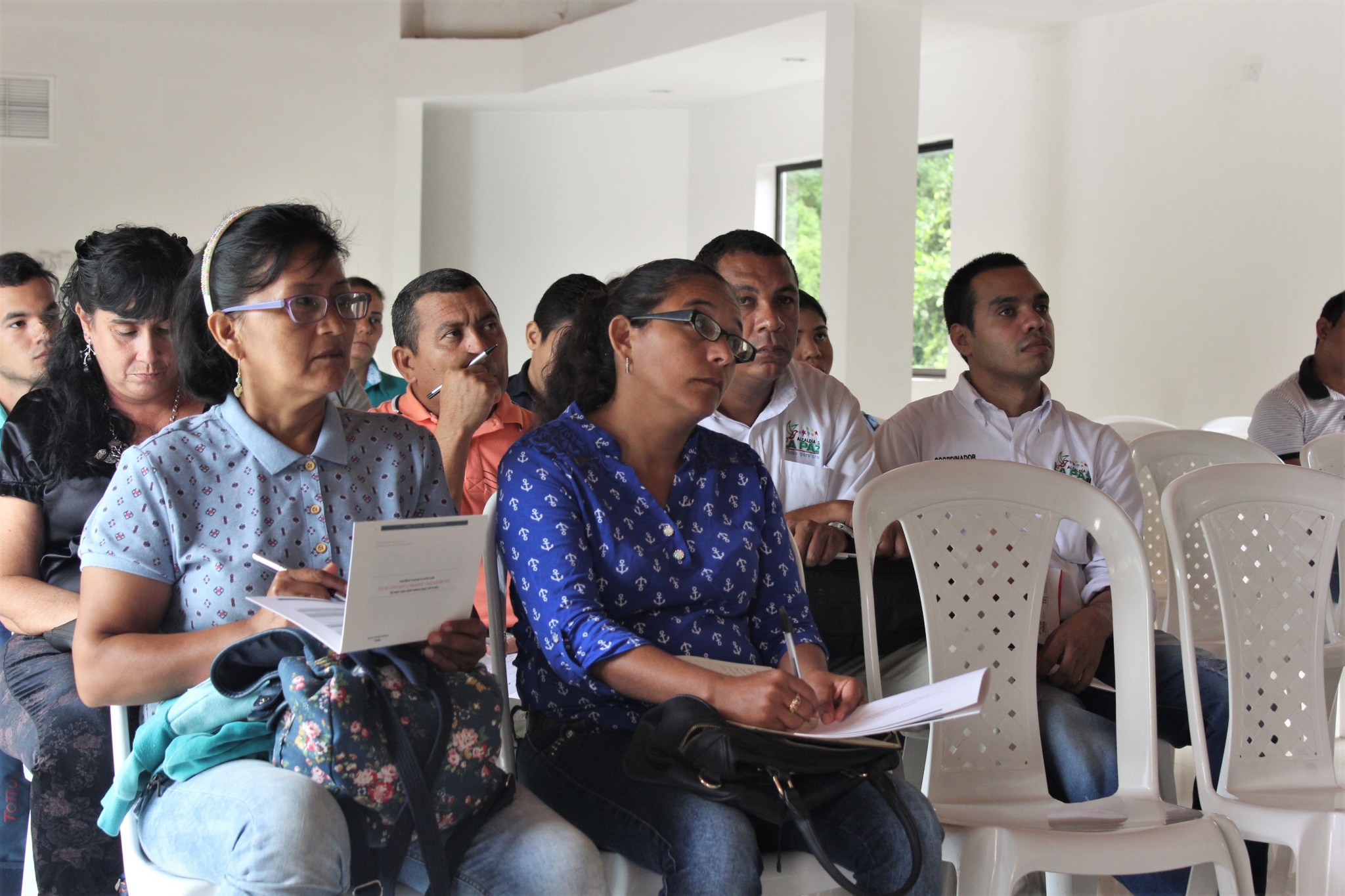Empowering Citizens and Local Leaders to Ensure Peace in Colombia

As IRI works to promote democracy worldwide, it is important to highlight the importance of democracy for peace.
The Institute works with local and national government leaders to institutionalize transparent processes that include citizens in decision-making so that they have ownership and stock in the process. Ownership is not only a key element necessary for democracy to flourish but also for maintaining peace throughout difficult transitions and when dealing with hard issues such as extremism. The Colombian peace process is a unique transition process, and IRI seeks to help empower citizens and local leaders to ensure its successful implementation. On a recent trip to Colombia, IRI staff discussed the current stage of the peace process with local and national government officials as well as civil society groups and international observers.
Ten months after the ceasefire agreement between the Colombian government and the FARC (Revolutionary Armed Forces of Colombia), FARC guerrillas have reportedly handed in their weapons, and many have begun to occupy civilian governance structures within their reincorporation zones. Though remnants of their military structure remain, former guerrillas within some, the territorial reincorporation zones have begun to elect Communal Action Boards. These boards are similar to structures in nearby municipalities that represent civil society and interface with the government on behalf of citizens. These transitional communities also feature cooperatives where residents make monthly contributions and share news within the community. As temporary villages where guerrillas have settled before integrating into neighboring towns, they offer dwellings with essential services such as water and electricity. Assistance will be cut off eventually, with the expectation that ex-combatants will move into nearby towns and begin blending into civilian society.
The success of the peace process is significant beyond Colombia’s borders. The Colombian Peace Accord has mechanisms that can be incorporated into future peace processes across the globe. The process of the reintegration of a previously armed rebel group will provide lessons that from which the rest of the world can learn. Fortunately, it uses a proven formula with a third party, the United Nations, collaborating with both sides as a trusted partner. Although there are challenges, optimism seems present across Colombian society. With elections coming in the spring of 2018, it is important for the government to ensure that structures are in place to ensure continuity and forward movement throughout a change in administration.
Success is not a given. For one thing, a few former combatants have decided to return to the jungle. For another, the reintegration process was developed in parallel to its implementation, like building an airplane already in flight. Based on interviews conducted by IRI with different stakeholders in various post-conflict zones across the country, local citizens still lack details on how the process will work and what to expect. Various government entities are implementing various parts of the agreement, and each is in a fluid state of transition without clarity on roles or collaboration. So while citizens, civil society organizations, guerrilla communities, and local governments generally believe the national government has a cohesive strategy, there seems to be little understanding of what that strategy is.
IRI’s work in Colombia aims at strengthening communication between local and national government actors to ensure that the local level implementers understand the process that they are to carry out, and can provide feedback to national authorities on challenges and roadblocks. Specifically, some of the conflict’s rural victims resent concessions the government has given to the FARC, resentment fanned by spotty information on benefits conceded to the FARC and how the process is being managed.
Success at this point will hinge on how the government can manage expectations in the short-term to reigniting conflict in the future. Resolving issues of transitional justice and reconciliation will take decades, so the importance of expectation management and reducing the information gap over the next year and through the 2018 elections are imperative to peace. IRI is committed to supporting efforts to improve the overall process, supporting the development of governing capacity at the local level, strengthening mechanisms for transparency and accountability, and actively including citizens in decision-making processes at all levels of government.
Top